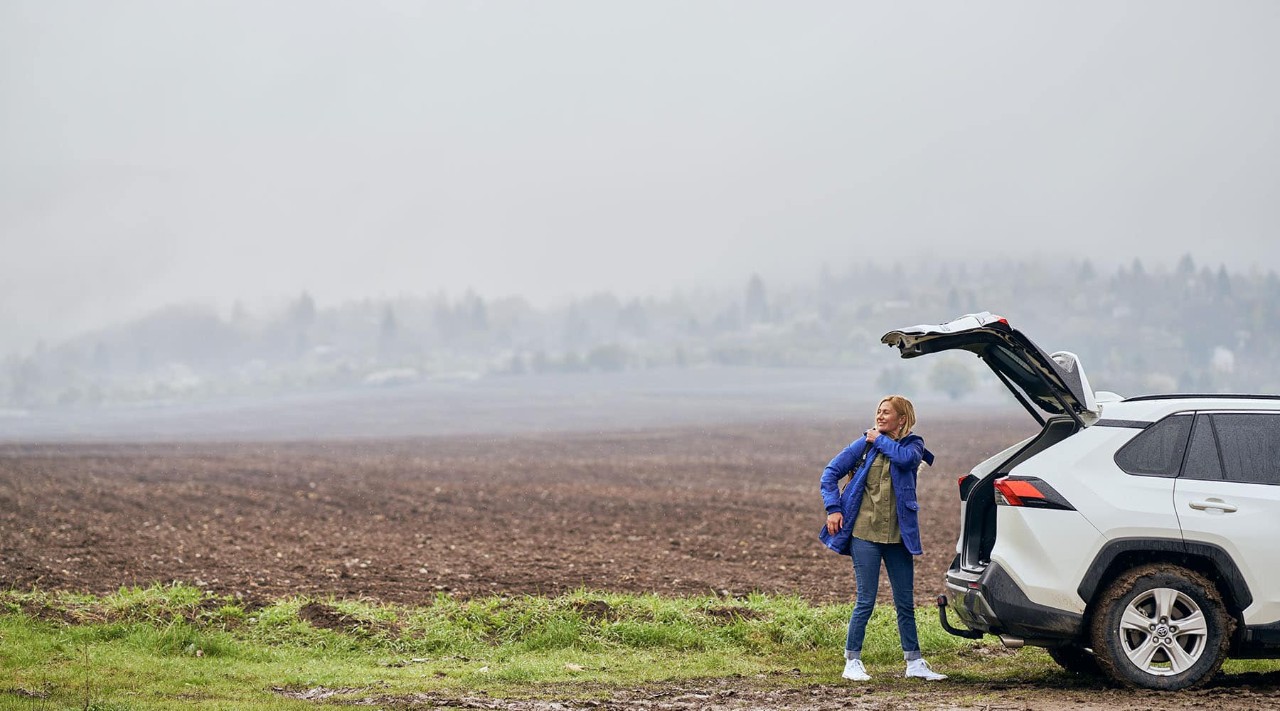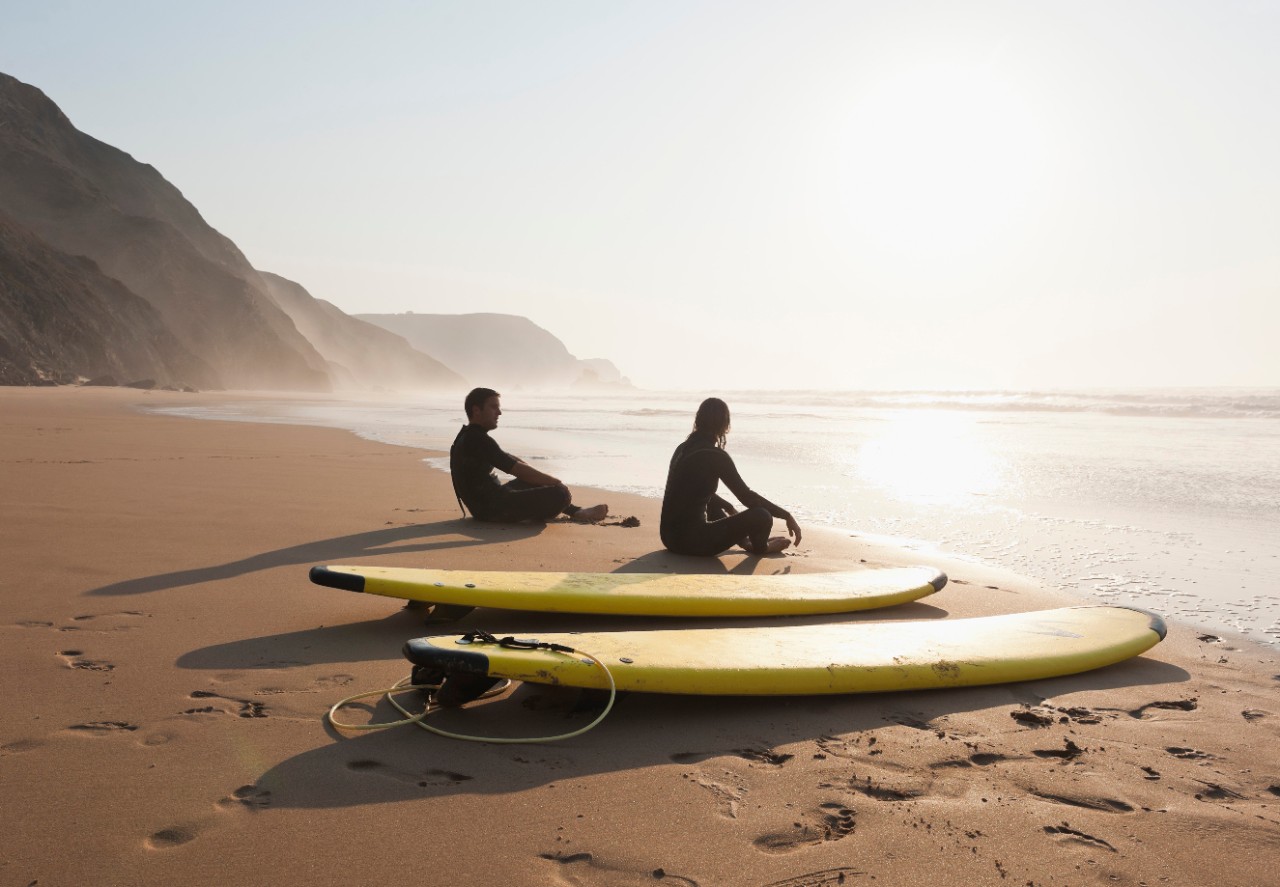Interested in Knowing Tips About Renting a Car Abroad ?
by Dave Humphreys | 9 min read August 4th, 2017
Hiring a car when travelling abroad can give you the freedom and independence to go where you want, do what you want and get off the beaten track. For those who aren’t so au fait with renting a car when abroad here are some useful tips to make sure you get your road trip off to a flying start and don’t suffer any unexpected surprises.
Before you Leave
Shop Around
In most major destinations, there is typically a good choice of car rental companies from which to choose. Some will also have partnership agreements with the airline you are travelling with, so it’s worth investigating the different options, but this is a competitive business so shop around. Most people will just look for the lowest price but make sure you check that there are no hidden costs, such as mileage restrictions.
Size Matters
Bear in mind the size of car that you’re hiring. You’ll probably need more luggage space than what you do at home, especially if you’re carrying luggage for a couple of weeks. Often it doesn’t cost that much more to get a larger sized car, and it’s better to have too much room than too little.
Optional Extras
Nowadays more and more rental companies will be able to provide child and booster seats, which can save you having to bring them yourself. These may be available in limited supply though, so it’s worth checking with the rental company beforehand, just to be sure.
One other vital bit of equipment to have if you’re driving in an unknown place is satellite navigation. You can usually add this to the car at the time of booking. Many of the latest sat nav units are simple to use, and in addition to getting you to your destination quickly and efficiently, they also have listings for restaurants and points of interest that can save you time on your journey.
Credit Cards

When you’re picking up your rental car you will be asked for a credit card to which a deposit will be taken, so you may need to increase your credit limit with your bank prior to travelling. This amount of money required for the deposit will vary according to how valuable the car you are renting is. In most cases, it can be anything up to €500 for a regular hatchback. So it is important that before you arrive at your destination that there is enough credit available on the card for this deposit to be taken and you won’t be left without spending money for the duration of your trip. If there is not enough credit for the deposit to the taken you will most likely be refused the car, even if you have already paid for the cost of the rental. The rental company will usually insist that the person whose name the booking is under is who pays the deposit.
Rental companies will almost always only take credit cards as opposed to debit cards. You may be able to pay for the booking online with a debit card, but when it comes to collecting the car most will ask for a credit card, so keep this in mind.
You may also need to alert your bank in advance to let them know that you are travelling abroad, especially if you don’t do it frequently. They may ask which countries you are going to, that way when charges begin to appear on your card in a foreign country it is unlikely to have a hold put on it for security reasons. If you don’t have a credit card, you can purchase prepaid cards which can are ideal in these circumstances.
At the Desk

Essential Documents
It can be an easy one to forget, but make sure you bring your driving licence with you as well as the credit card that you used to make the booking, as the rental company will need to see these. If you get to your destination and don’t have your licence with you, it is unlikely that you will be allowed to take the car. The same applies if your licence is out of date. Check the small print on the rental company website before booking as some companies have minimum age limits in place as well as the amount of time you have had a full licence. Virtually all rental companies require a full driving licence.
Additional Drivers
Most car rental companies will offer you the opportunity to add a second driver to the insurance cover, usually for a small fee. In most cases, a second driver can be added to the policy when you are picking up the car; however, it is not always possible to add a second driver after you have already collected the car. So, it’s best to add someone at the start. Sharing the driving duties can be a great idea, especially if you are planning on covering a lot of miles; it can take the pressure off one driver by being able to share the load and the fun.
Insurance Cover

Most rental companies provide third party cover with the rental car, leaving you with an excess that you are liable to pay for any damage. These terms and conditions will usually be pointed out to you before taking the car, and most will offer you the chance to pay for a fully comprehensive policy. While you might feel like a confident driver and not require fully comprehensive insurance, it is important to consider the potential expense you could incur if you’re in an accident, even if it is not your fault. One other aspect to check is making sure that you breakdown cover. Most rental companies will have breakdown cover, and this will include mechanical breakdowns and flat tyres. In some cases, like refuelling the car with petrol instead of diesel or vice versa, there may be an additional cost to be paid. Breaking down on the side of a foreign motorway is no fun. Depending on the policy you have chosen it may push the price up. While we all love to save money, especially when we are on holiday, it may not be a bad idea to fork out a little extra for added peace of mind, especially if you are going to be driving on poor, rough roads. Again, read the small print and ask questions and make sure that you are acutely aware of what your liabilities are should something unexpected happen.
More on Car Insurance Cover Types >>
Border Crossings
If you’re planning on taking the rental car across any borders, you’ll need to find out if this is possible. Depending on the rental agreement you may be covered by the insurance to travel between specific countries but don’t automatically assume that this is the case. If you do so and the insurance policy doesn’t cover you, you could face having the car impounded, find yourself with a hefty penalty at the end or bill if there is an accident or even prosecution.
Toll Tips
If you are driving in Europe, you will almost certainly come across a toll road. Some rental companies will provide an electronic toll tag, and the cost will be added to the rental agreement or taken from your credit card when you drop the car back, so just check this before you drive off.
Tolls can vary quite a bit in cost. Some toll booths only accept payments by credit card and others by cash and sometimes a mixture of both, so it is a good idea to have a credit card and local cash to hand. In some countries, you take a ticket at the start of the road, and when you come to the end of the toll road you insert the ticket into the machine and pay the amount displayed. You can check ahead online to work out toll costs and how to pay. If you don’t pay the correct tolls you could be liable for a hefty fine by the rental company.
Before you Go

The most important thing you should do before setting off from the rental company is take a few minutes to very carefully look around the car for any visible signs of damage. These will usually already be on the paperwork for the rental agreement but you should always double check yourself. Giving the car a quick visual inspection doesn’t take long, some of the main areas to look at are:
Wheels - check for any damage to both the sidewall of the tyres and to the wheel rim. Common things include scratches from rubbing against the curb, so make sure these are noted before you depart.
Damage to bumpers - lots of modern cars have parking sensors, but some drivers prefer to use bumpers to help squeeze into parking spaces. Look out for scrapes and dents around the corners especially, and on the rear bumper for scratches where heavy luggage has been loaded in and out of the boot.
Paintwork - it’s not just dents that you should look out for, scratched paint, especially on dark coloured cars, will show up easily, so mark these on the damage report and make sure the rental company agrees with them before you leave.
If you see anything that isn’t there, immediately let a representative from the rental company know and have them document this on the paperwork before you leave. You might think that a little dent or scratch doesn’t need calling attention to, but if the rental company don’t know about this you could be deemed responsible for it. It will be your credit card charged for the repairs after you’ve already landed back at home. It is best to take a belt and braces approach to this to prevent any financial headaches later.
Get Familiar
Getting into any new car that isn’t your own can be a bit disorientating at first. Many of the controls and switches may be in different positions and will most likely probably be on the wrong side of the car. Take a moment to get familiar with everything. Work out where the indicator, horn, wipers and light switches are located. Make sure your mirrors are suitably positioned to give you a good view of what is going on around you. If the car is equipped with a Bluetooth connection, as most are these days, pair your mobile phone with it before setting off - just like at home, in most countries using a handheld mobile device while driving is an offence and can lead to a fine if caught. Make sure the child seats are correctly fitted and program the sat nav. You are now ready to hit the road.
On the Road

Speed Limits
Not all speed limits are the same in every country, and some even have variable ones. For example, on the motorway in France the speed limit is 130km/h when the weather is dry, but in wet conditions, this decreases to 110km/h. Fixed speed cameras are often dotted discretely along the roadside, so you may not notice them. While you may not receive any penalty points, you will get a fine via the rental company, and this will be billed to the credit card that you used. These fines may not be charged for several weeks, so rather than getting another post-holiday bill, stick to the speed limit and enjoy yourself.
Fuelling Up
When you collect your car, it should have a full tank of fuel in it, and you will usually be offered the choice to return the vehicle at the end of the rental period with a full tank or not. In almost all cases it is cheaper for you to return the car with a full tank as the rental company usually adds a surcharge to refuel the vehicle.
One other important thing to check before refuelling is what type of fuel it takes. You may own a petrol car at home, but your rental could be diesel, so double check just before you start to refill that tank. Depending on where you are in the world, the green pump for petrol and black for diesel colour coding convention doesn’t always apply. Lots of rental cars have large stickers over the fuel flap to remind you, but if your car doesn’t, and you’re not sure, there is always a small label or sticker on the inside of the fuel filler cap that states which fuel the car needs. If you do end up filling the car up with the wrong fuel and realise before driving away, do not attempt to start the car. Call the emergency breakdown number provided and wait for professional assistance. By not starting the car you can help to prevent more serious damage being done to the engine.
Useful Reminders

- Make sure that you have your license and appropriately funded credit cards ready before you go.
- Thoroughly check the car for any visible signs of damage and ensure that the rental company is aware of them. As soon as you drive away it may be too late.
- Ensure that you are aware of the local traffic laws, as speed limits vary from country to country.
- Remember to check what type of fuel your rental car requires prior to filling the tank.






